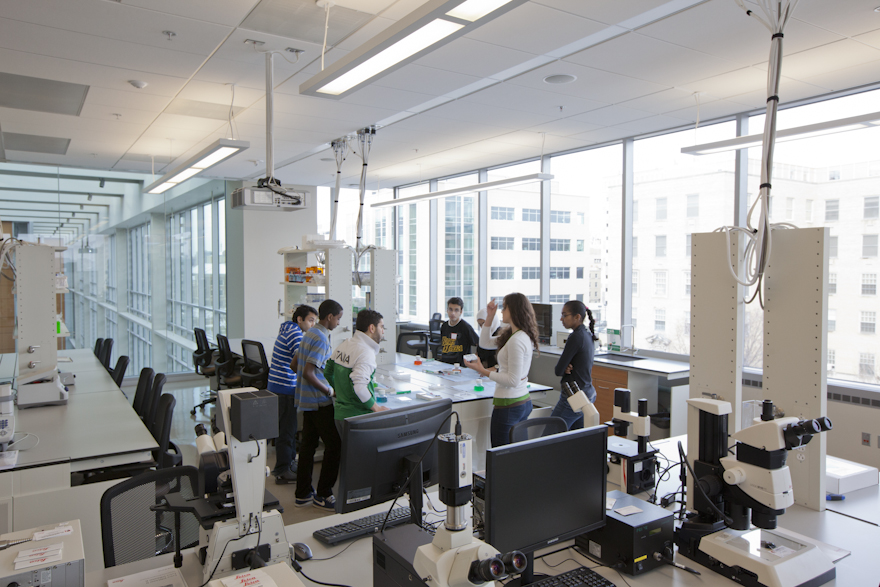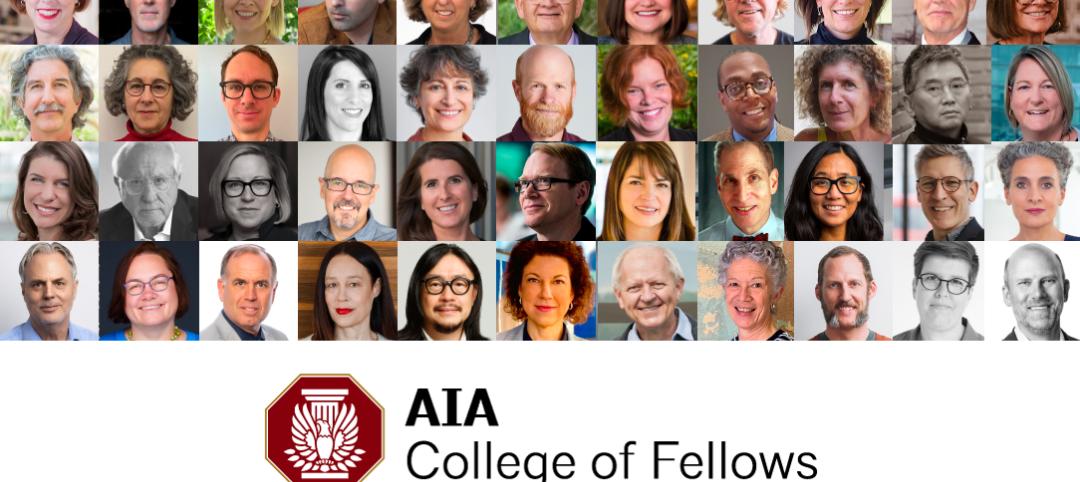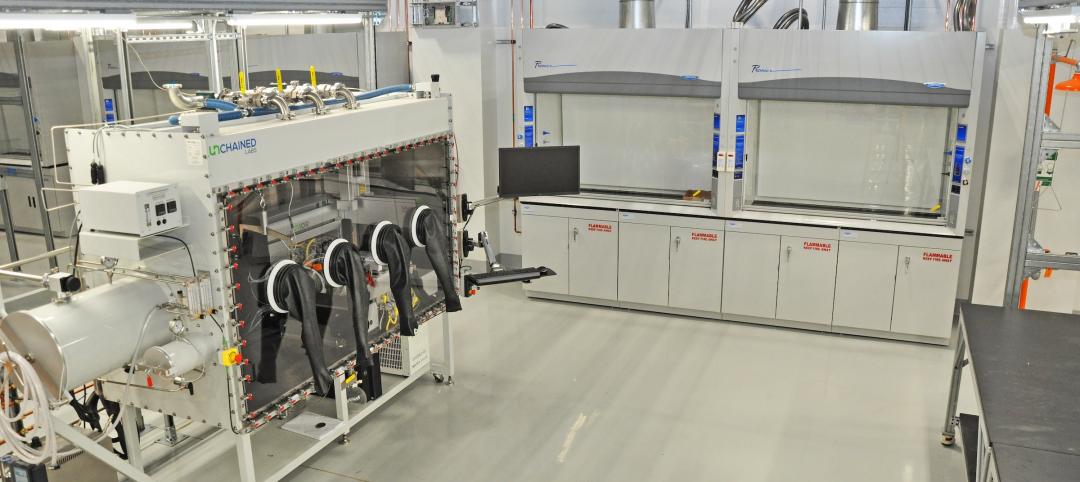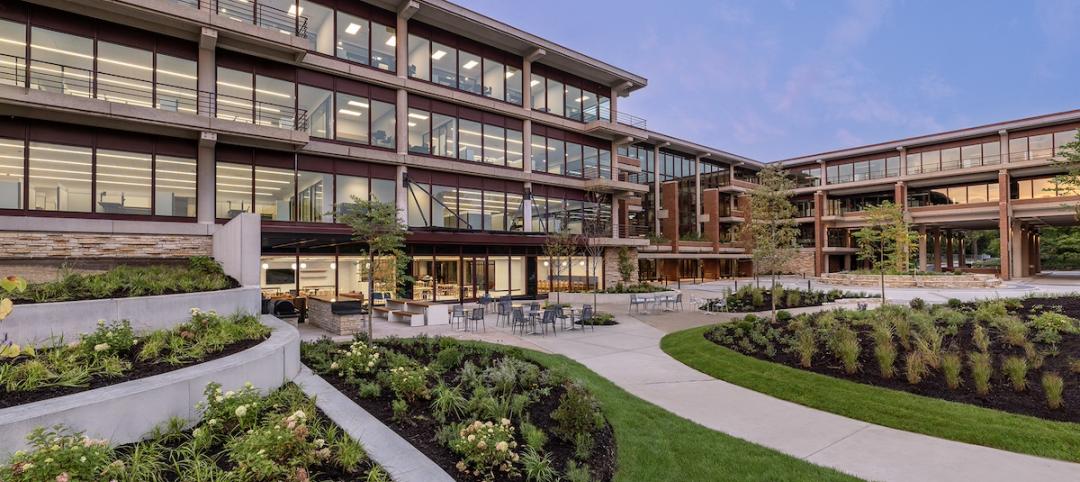After Moody’s and other credit ratings agencies tightened their standards a few years ago, universities had to become much more disciplined about their financing mechanisms.
“Internally, we are paying a great deal of attention to cash on hand relative to debt to maintain our good ratings,” says Gonzaga University EVP Marty Martin. “It’s a constant reference point.”
“The financing climate is different than it was 20 years ago,” notes UC Santa Barbara Campus Architect Marc Fisher, AIA. “The state is not funding construction at the same pace. We’re going to see more student-funded, donor-funded, and research-funded projects. We’ll see more creative funding in the future.”
One such creative funding option is the public-private partnership. The PPP strategy is most popular for student housing, mixed-use buildings, parking facilities, and retail—any project with a revenue stream.
The University of Texas at Dallas recently selected Balfour Beatty and Wynne/Jackson to develop a mixed-use project near the edge of the campus. To be called “Comet Town,” the project will be financed through a land lease, whereby the university will lease the land to the developer who will build, own, and operate the building for a specific period.
Apartments will be open to the public, but most residents are expected to be part of the UT community, says Dr. Calvin Jamison, VP of Administration.
The University of Wisconsin–Madison has employed third-party partnerships sparingly, but did so twice when a private developer needed more space to build on a couple of residential/retail properties adjacent to campus.
The state university also teamed up with the Morgridge Institute for Research a few years ago to build the Wisconsin Institutes for Discovery, a research lab that includes retail/restaurant space. Half of the lab space is privately owned.
In the wake of the recession, Cornell University instituted new guidelines for major capital projects. “One of the pillars of the new policy was no new debt,” says University Architect Gilbert Delgado, AIA. “Funding for all projects has to be either identified or on hand before a project goes forward.”
For Weill Cornell Medical College, a New York City institution since 1898, the university is exploring the construction of a major residential tower with a private developer. “Our goal is to make housing more affordable for students, faculty, and staff,” says Delgado.
To keep rents affordable, future residential projects in the city might include so-called micro apartments about half the size of a studio unit, supplemented with more generous common areas. Delgado says the university is also studying how to build more affordable housing in Ithaca—“maybe through PPP-type land-lease agreements,” he says.
More from BD+C's exclusive report, "How your firm can gain an edge on university projects."
Related Stories
Office Buildings | Mar 8, 2024
Conference room design for the hybrid era
Sam Griesgraber, Senior Interior Designer, BWBR, shares considerations for conference room design in the era of hybrid work.
Architects | Mar 8, 2024
98 architects elevated to AIA's College of Fellows in 2024
The American Institute of Architects (AIA) is elevating 96 member-architects and 2 non-member-architects to its College of Fellows, an honor awarded to architects who have made significant contributions to the profession. The fellowship program was developed to elevate architects who have achieved a standard of excellence in the profession and made a significant contribution to architecture and society on a national level.
Sports and Recreational Facilities | Mar 7, 2024
Bjarke Ingels’ design for the Oakland A’s new Las Vegas ballpark resembles ‘a spherical armadillo’
Designed by Bjarke Ingels Group (BIG) in collaboration with HNTB, the new ballpark for the Oakland Athletics Major League Baseball team will be located on the Las Vegas Strip and offer panoramic views of the city skyline. The 33,000-capacity covered, climate-controlled stadium will sit on nine acres on Las Vegas Boulevard.
Adaptive Reuse | Mar 7, 2024
3 key considerations when converting a warehouse to a laboratory
Does your warehouse facility fit the profile for a successful laboratory conversion that can demand higher rents and lower vacancy rates? Here are three important considerations to factor before proceeding.
Shopping Centers | Mar 7, 2024
How shopping centers can foster strong community connections
In today's retail landscape, shopping centers are evolving beyond mere shopping destinations to become vibrant hubs of community life. Here are three strategies from Nadel Architecture + Planning for creating strong local connections.
Market Data | Mar 6, 2024
Nonresidential construction spending slips 0.4% in January
National nonresidential construction spending decreased 0.4% in January, according to an Associated Builders and Contractors analysis of data published today by the U.S. Census Bureau. On a seasonally adjusted annualized basis, nonresidential spending totaled $1.190 trillion.
MFPRO+ Special Reports | Mar 6, 2024
Top 10 trends in senior living facilities for 2024
The 65-and-over population is growing faster than any other age group. Architects, engineers, and contractors are coming up with creative senior housing solutions to better serve this burgeoning cohort.
Architects | Mar 5, 2024
Riken Yamamoto wins 2024 Pritzker Architecture Prize
The Pritzker Architecture Prize announces Riken Yamamoto, of Yokohama, Japan, as the 2024 Laureate of the Pritzker Architecture Prize, the award that is regarded internationally as architecture’s highest honor.
Office Buildings | Mar 5, 2024
Former McDonald’s headquarters transformed into modern office building for Ace Hardware
In Oak Brook, Ill., about 15 miles west of downtown Chicago, McDonald’s former corporate headquarters has been transformed into a modern office building for its new tenant, Ace Hardware. Now for the first time, Ace Hardware can bring 1,700 employees from three facilities under one roof.
Green | Mar 5, 2024
New York City’s Green Economy Action Plan aims for building decarbonization
New York City’s recently revealed Green Economy Action Plan includes the goals of the decarbonization of buildings and developing a renewable energy system. The ambitious plan includes enabling low-carbon alternatives in the transportation sector and boosting green industries, aiming to create more than 12,000 green economy apprenticeships by 2040.

















